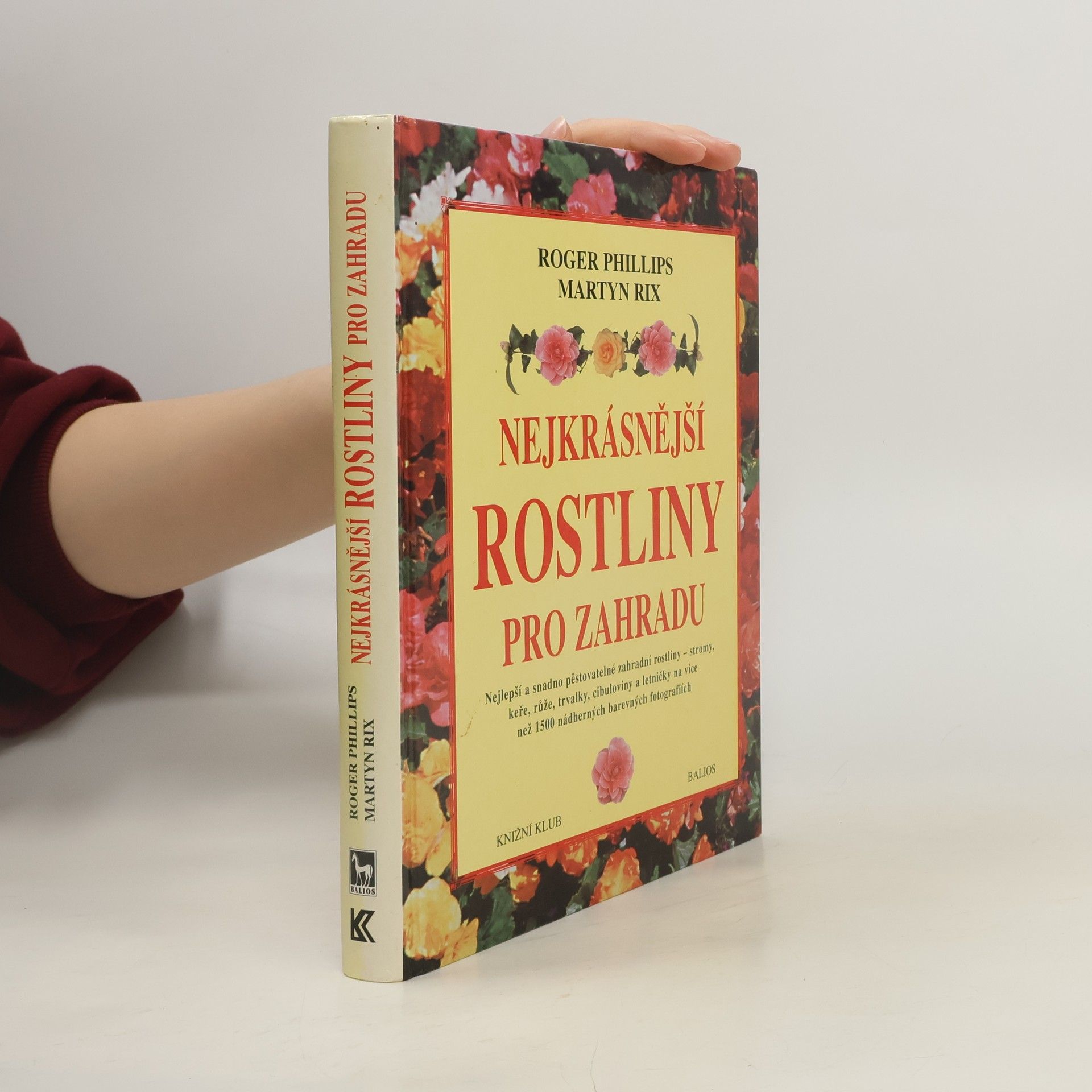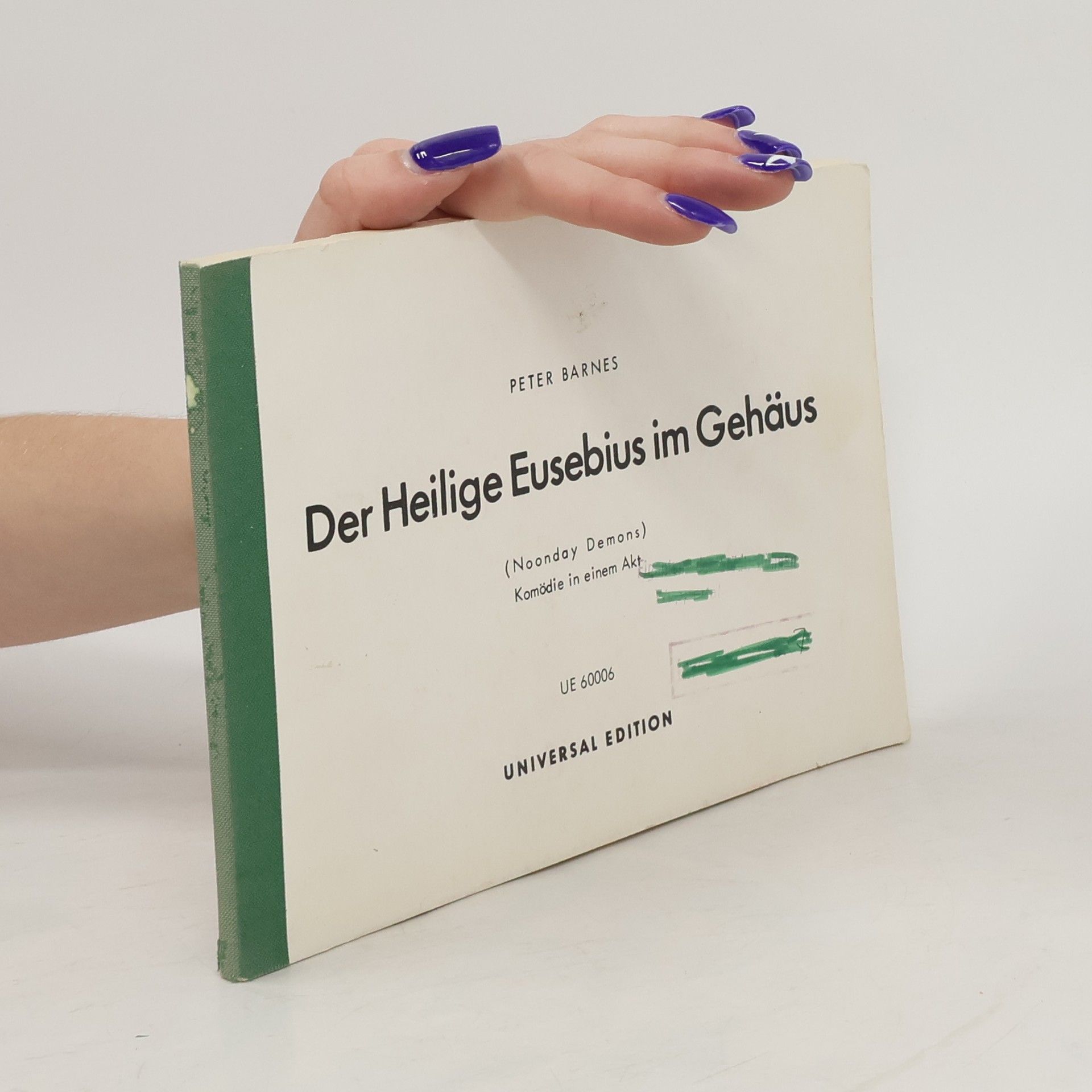Peter Barnes Bücher





Sein oder Nichtsein
- 128 Seiten
- 5 Lesestunden
Ours
- 140 Seiten
- 5 Lesestunden
We think our wealth today comes from productive corporations and workers, but they merely add icing to a cake baked long ago. In this provocative book, Peter Barnes argues that most of today's wealth is co-inherited from nature and past human efforts, not individually earned. If some of that co-inherited wealth were placed in trust for each of us, living and yet-to-be born – creating what Barnes calls “universal property” – capitalism would be fundamentally transformed. As Barnes notes, capitalism as we know it has two tragic it relentlessly widens inequality and destroys nature. Both flaws are a result of one-sided property rights that favor capital over everything else. Adding universal property to the current property mix would create a market economy in which businesses prosper, nature’s limits are respected, and a large middle class thrives. This smart and concise book could set the agenda for a post-COVID world.
Nejkrásnější rostliny pro zahradu
- 320 Seiten
- 12 Lesestunden
Stručný popis 1500 oblíbených stromů, keřů, růží, trvalek, cibulovin, skalniček a letniček obsahuje český a latinský název, zemi původu, výšku, dobu kvetení, potřeby a odolnost. Text je uspořádán ve spojení s barevnou fotografií a kniha obsahuje rejstřík názvů rostlin.